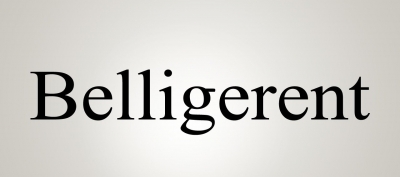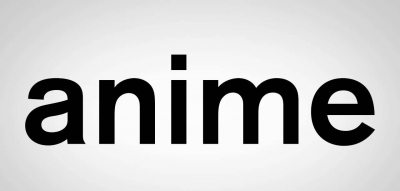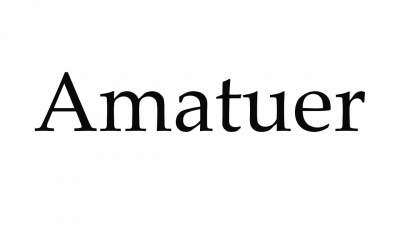What's the origin of the word widow?

'Widow' is the only female word in the English language that is shorter than its corresponding male term 'widower'.
A woman who has lost her husband by death and has not married again. The word comes (in Old English) from an Indo-European root meaning ‘be empty’, and may be compared with Sanskrit vidh ‘be destitute’, Latin viduus ‘bereft, widowed’, and Greek eitheos ‘unmarried man’.
The widow is an informal term for champagne, from a translation of French la Veuve Clicquot, a firm of wine merchants.
The Widow at Windsor Queen Victoria after the death of the Prince Consort, in reference to her prolonged withdrawal from public life; the phrase was used as the title of a poem by Rudyard Kipling (1890).
Widow Twankey the name given to Aladdin's mother in in H. J. Byron's dramatization of the story of Aladdin as a pantomime. She was so named in reference to a kind of green tea which was then popular (Byron's play had a number of jokes about China tea). Widow Twankey is now one of the stock characters for this pantomime.
Widow’s cruse an apparently small supply that proves inexhaustible, with biblical allusion to 1 Kings 17:10–16, in the story of the widow to whom Elijah was sent for sustenance. When he asked her for bread, she replied that all she had for herself and her son was ‘an handful of meal…and a little oil in a cruse’; Elijah told her to make a cake of it for him first, and then to make food for herself and her son, since by God's decree neither meal nor oil should be exhausted.
widow's mite a small monetary contribution from someone who is poor, with biblical allusion to Mark 12:42–44 which tells the story of a poor widow who gave to the Temple treasury ‘two mites, which make a farthing’; Jesus, who saw her, told his disciples that she had given more than the richest contributor, because she had given all that she had.
Widow’s peak a V-shaped growth of hair towards the centre of the forehead, especially one left by a receding hairline in a man; held to resemble the peak of a cap traditionally worn by a widow.
Widow’s weeds black clothes worn by a widow in mourning, traditionally including a crape veil and broad white cuffs or ‘weepers’.
Credit : Oxford Reference
Picture Credit : Google













